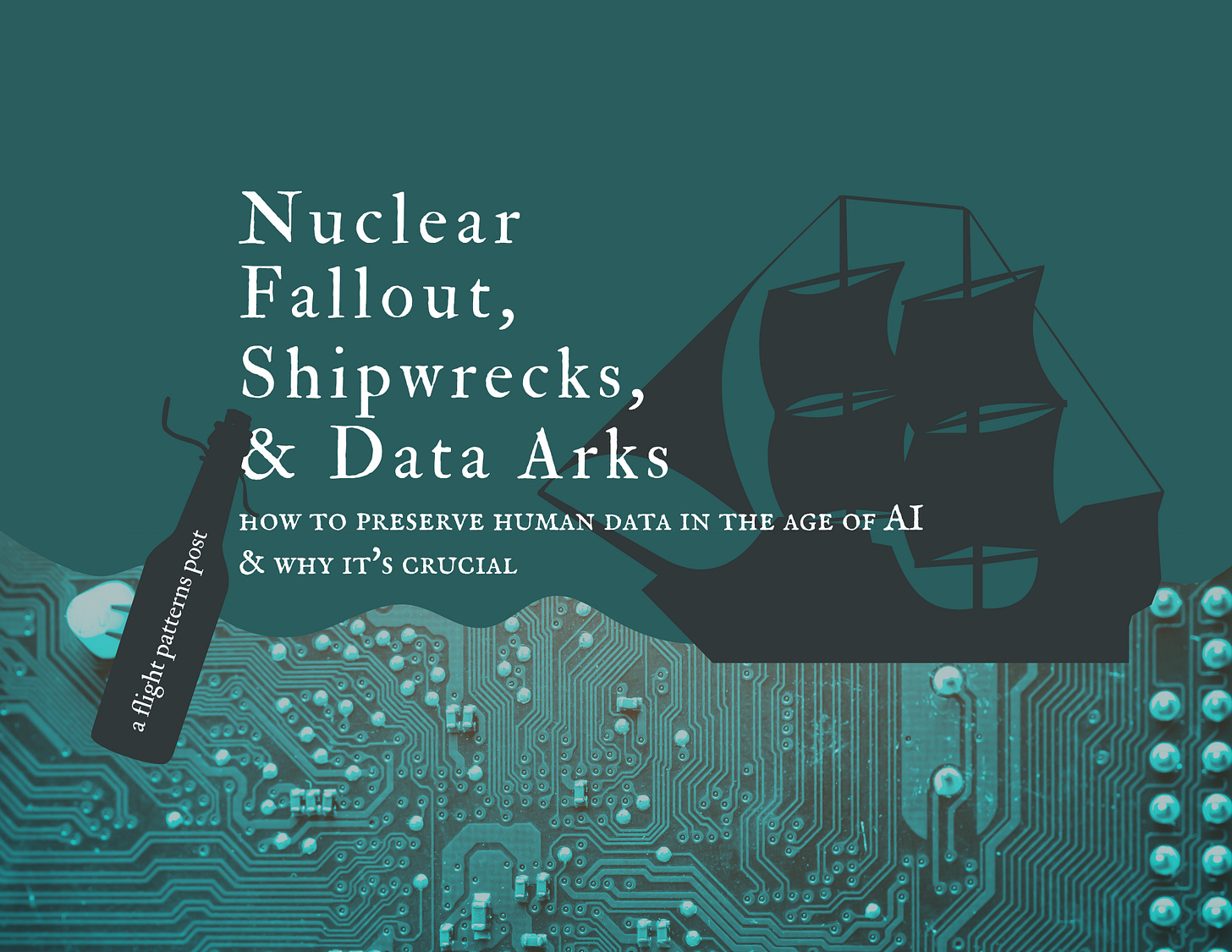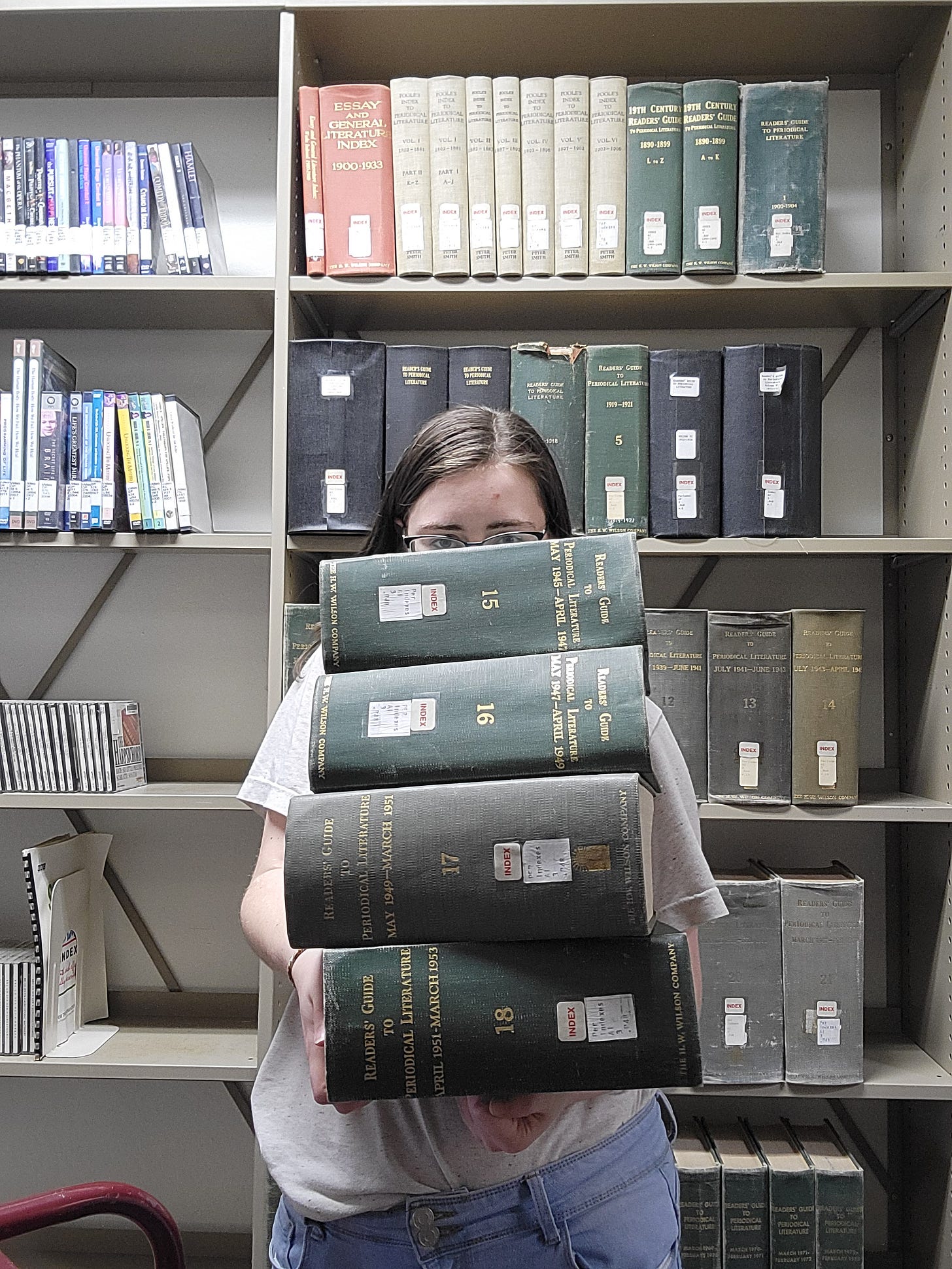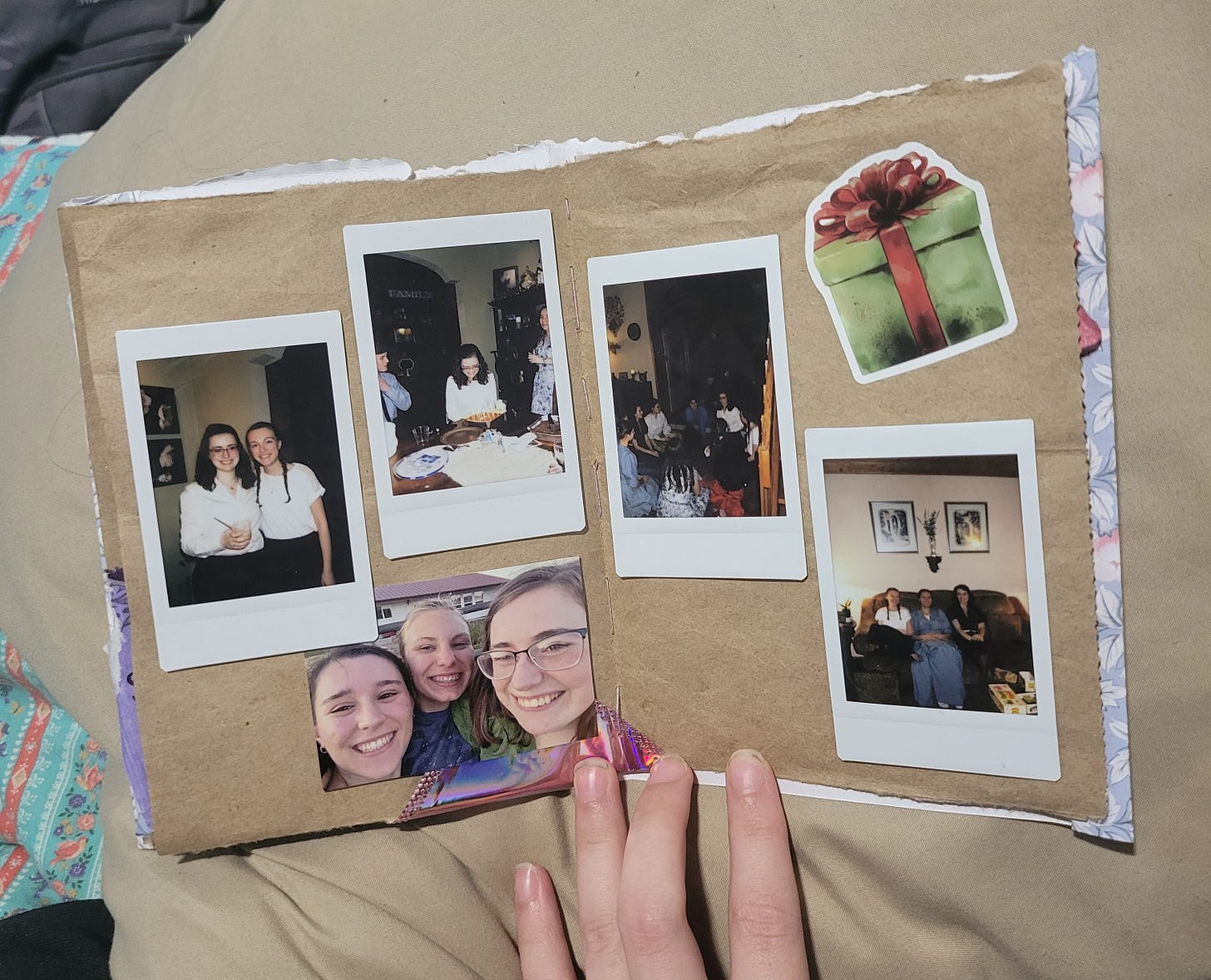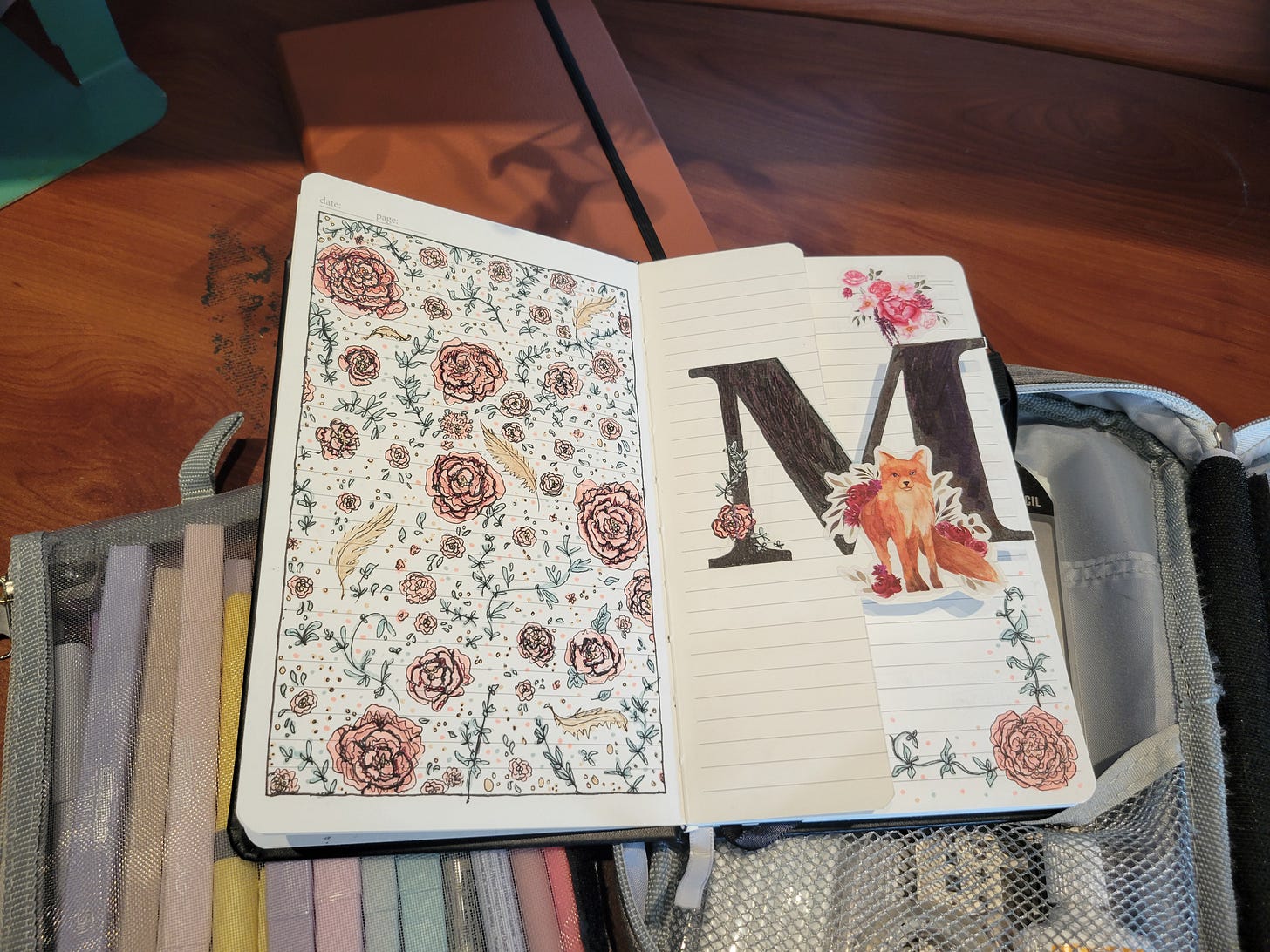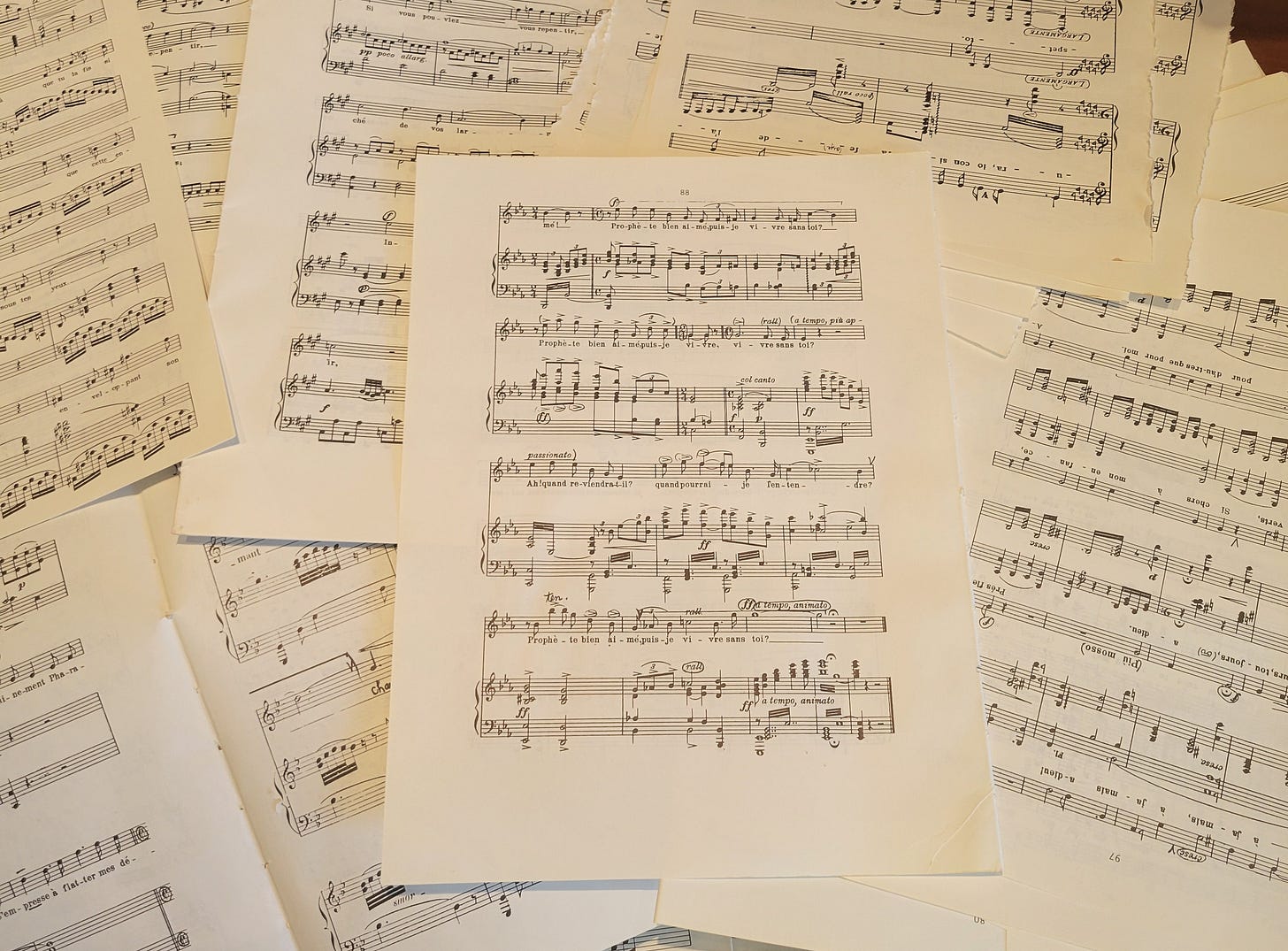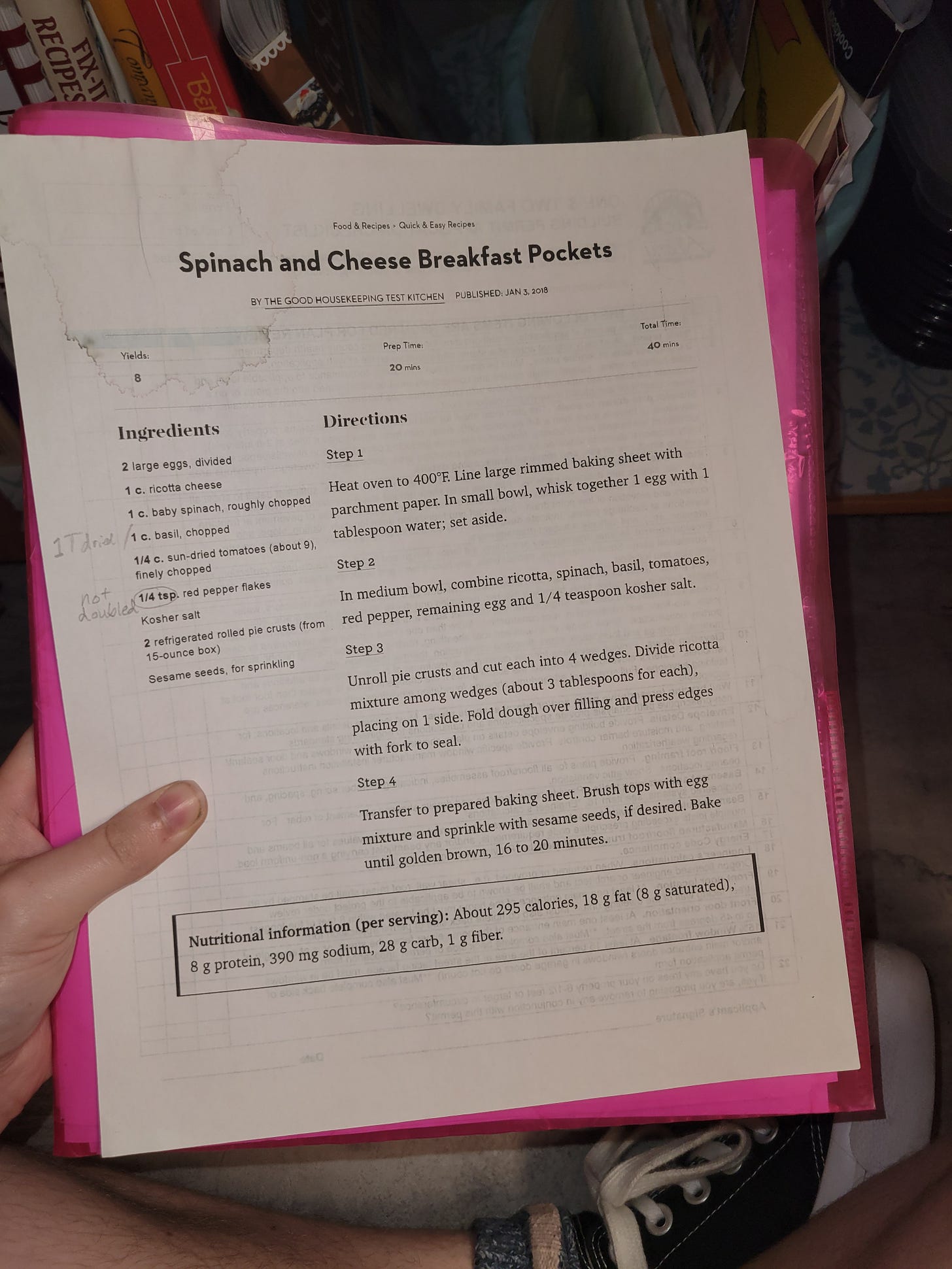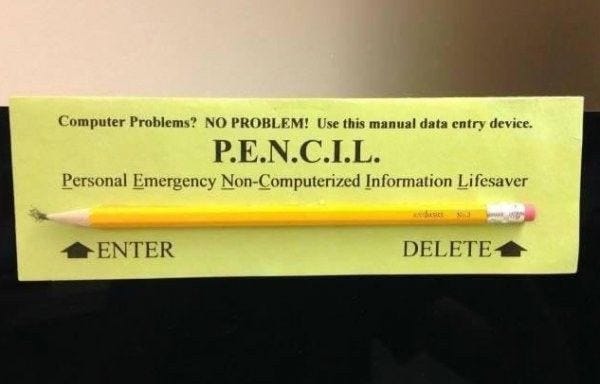Nuclear fallout, shipwrecks, and data arks
how to preserve human data in the age of AI and why it's crucial
Contaminated metal
In 1945, Trinity, the first nuclear “gadget”, as it was referred to, was detonated at a test site in Arizona. This was followed by at least 500 other nuclear devices detonated above ground from 1945 to the atmospheric test ban treaty in 1963.
Following the introduction of the nuclear weapon, scientists realized that the steel and lead they would normally use for precision instruments like particle detectors (which measure radiation) as well as X-ray equipment, Geiger counters, and space telescopes were contaminated with small amounts of nuclear fallout, including high levels of cobolt-60 from airborne radiation.12
In order to create a radioactivity-measuring instrument that was not radioactive itself, scientists turned to metal forged before 1945. This was termed “low background metal.”
One of the best sources for this low background steel was shipwrecks sunk before 1945. Other sources include old lead sewer pipes and railroad ties.
Protecting Our Data
Due to modern increases in technology and decreases in airborne radiation levels, low background steel is much less in demand these days. However, people are beginning to use the metaphor in the context of data—like nuclear fallout contaminated steel, generative AI has contaminated the internet. Several projects exist to collect online information and data from pre-AI sources, as a sort of “cryptographic ark” or time capsule. The point of such efforts is to preserve cultural infomation for future linguists and historians, and to have trustworthy information to fall back on in the case that AI inbreeding gets carried away.
The project that is getting people’s attention is called lowbackgroundsteel.ai. “The idea is to point to sources of text, images and video that were created prior to the explosion of AI-generated content that occurred in 2022,” as stated by the website.
This site is pulling from sources of non-contaminated data including:
a former version of Wikipedia
Project Gutenberg public domain book archives
Library of Congress photo archives
the Internet Archive Image Library
wordfreq, a multilingual word frequency analysis library. It shut down in September 2024, effectively “frozen,” because AI-generated text was corrupting the statistical values of wordfreq. The archives site “remains a resource for human-generated word frequencies.” according to lowbackgroundsteel.ai.
The Arctic Code Vault is a preservation of open source software collected in 2020 being stored in a coal mine north of the arctic circle.
My hope is that the rise of the monster that is AI spurs us to guard and value our human-created data more highly. The concept of preserving digital information that we can trust is a valuble one. It can (and should imo) also be done with physical information. Here’s how we can do that.
An Analog Ark
One of my favorite thought experiments is the magnetic meteor scenario, which is basically, something happened that wiped out all of our digital data, what would survive? How would society recover? It might not be a meteor, but digital data is at risk from many things, from AI or even just a power outage.
Dr. Sam Baker, who studies the intersection of faith and technology, points out that when reading the Bible on a screen, we don’t have a physical sense of where the Bible is. The only real physical location is some data in a server somewhere. On the contrary, when reading a paper Bible, we have a sense of place. Looking up a passage? We can remember that it’s on the upper left hand side of the page—in other words, it has a tangible location.3
In the same way, we should have physical copies of our own valuble data. We can create our own protective ark. Here’s some examples of information to save physically, even if you also have online access.
own your favorite books
-own your favorite books - the Bible, the classics. It doesn’t need to be a wall-to-wall library, just a few. It helps if they are nice editions, but well loved, annotated, dog-eared books have a charm of thier own.
print photos
-print photos - my mom puts our family photos into photobooks every couple of years. My friend printed a bunch of wallet photos that I’ve taped into journals as momentos. It doesn’t really need to be formal or fancy, one of my journals is made of kraft paper from old grocery sacks.
journal and write letters
-On that note, journal and write letters. I re-read a journal that I kept through some of the hardest years of growing up and it was fascinating. I wrote about stuff I did with friends, what I was doing in school, books I read and projects I worked on, all kinds of stuff.
owning music
-owning music - when streaming became a thing, existing laws about royalties and rights did not cover the new technology,4 which created many loopholes and a “we’ll figure out when we need to” attitude. Streaming has always been on shaky ground legally and financially, plus dealing with ads and/or subscriptions just gets annoying. CDs are incredibly durable and compact, and don’t require an internet connection. I’m also just a huge fan of listening to albums the way they were meant to be listened to and not just all the popular singles.
I own both CDs of my favorite music and mp3s. If you already have CDs it’s not difficult to rip them to mp3s using a computer with a disk drive. My family isn’t the most tech savvy in the world, but we all figured out how to get the music we love downloaded to various USB devices, mp3 players, and old cellphones. If you don’t have CDs, they are easily found cheap in most thrift stores. Additionally, people will just give them away.
movies and TV shows
-Same goes for movies and TV shows. Have a few movies and TV shows on DVDs that don't require an internet connection or a streaming subscription.
Owning media made in different decades, (such as our old Brady Bunch, Little House on the Prairie, or Mister Rogers shows,) stands as a historical record of those decades. This is valuable as it captures the zeitgeist of the time (and not social media’s modern spin on the time.)
recipes
-keep physical copies of recipes. Not only is it annoying (and unhygienic) to have your phone in the kitchen where it can get oily or covered in flour, but you might want to make the recipe again! Just the other day I dug through my mom’s recipes to find one we used to make that I was hungry for. Recipes on the internet can get lost, taken down, or hidden behind paywalls. Recipes in your kitchen are yours forever.
finances
-know how to write a check and keep a budget on paper. This is less of an item and more a skill, but yeah, knowing how to write a check is still a useful skill. Not everyone has Venmo or cash app or PayPal but everyone’s bank still cashes checks, as far as I’m aware. I’ve worked in grocery stores, and it’s not fun when a service outage or power outage restricts the registers from accepting card transactions. Have the attention to detail (and to your wallet) to be able to track expenses manually if you ever needed to.
Even if we never have a magnetic asteroid, there is a deep satisfaction with physically owning things. They are tangible, you can hold them, smell them, like books. You can run across things you had forgotten about, like recipes, photos, or journal entries. There’s an element of personal choice outside of an algorithm or echo chamber, like when you select for yourself what music or movie you want to play. They can be traded with friends and family members for shared experiences.
If something is important to you, strive to have a physical copy. The world and technology are changing. This is just one more way we can maintain stability.
Note that the levels of radiation being discussed are lower than those in the human body and are not believed to pose a health risk.
Nuclear radiation isn’t the only source of radiation in these metals. Steel was also contaminated by the intentional use of cobalt-60 in the smelting process to coat the steel cauldrons. Lead was contaminated by potash, radon, uranium and thorium due to its smelting process. Even just cosmic radiation from the sun can affect the radiation level of metals.
This example taken from Dr. Baker’s presentation Embracing Mystery: How Digital Distractions Shape Our Spiritual Lives given on April 21, 2025.
To explain in pared-down terms, artists earn royalties through sales of thier music (like when you buy a CD) and also through performances of thier music (like when it’s played on the radio.) These royalties normally end up split between different people who contributed to the song, which can get complicated. Streaming doesn’t really count as a performance but doesn’t fully count as a sale either.



